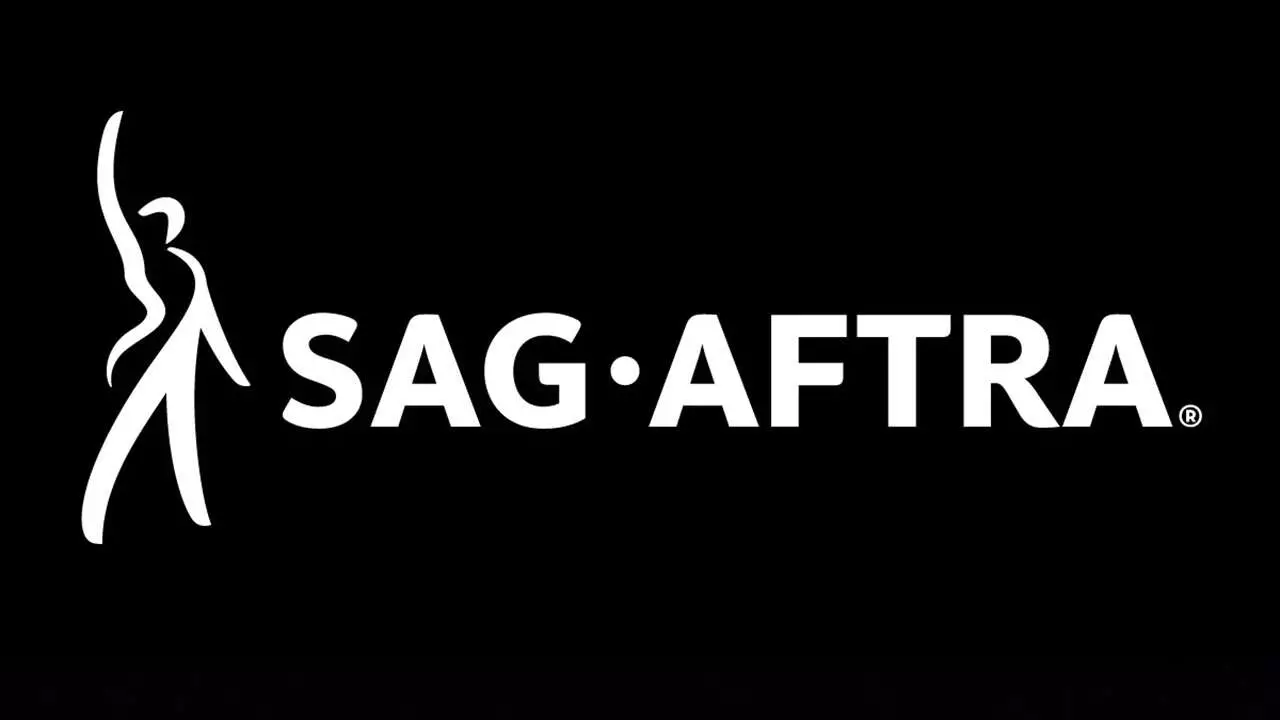After a prolonged strike concerning the use of artificial intelligence in voice acting within the video game industry, SAG-AFTRA is set to re-engage in discussions with various companies under the Interactive Media Agreement this coming October 23. Major players in the gaming industry, such as Disney, Activision, Electronic Arts, and Warner Bros. Games, will be part of these negotiations. SAG-AFTRA, the actors’ union representing voice talent and performers, previously walked off the job due to an inability to reach mutually beneficial agreements regarding protections for their work against AI exploitation.
SAG-AFTRA’s decision to strike was not merely a symbolic protest; it represented deep-rooted concerns within the industry regarding how the technological advancements in AI could jeopardize the livelihood and rights of performers. The guild has planned to stage a picket line at Warner Bros. lot on October 16 ahead of these negotiations, highlighting the intensity of their demands and the gravity of the situation.
Central to the dispute is the issue of how AI can replicate the voices and likenesses of voice actors and motion-capture performers. The union’s representatives have expressed apprehension that these technologies could be employed to undermine the need for human talent in the creation of video game content. During more than a year of negotiations, SAG-AFTRA managed to address nearly all issues but found itself at an impasse on the use of AI. Their demand hinges on the assurance that any future video game AI models would only utilize performers’ work with informed consent and appropriate compensation.
In light of emerging trends in AI, this matter has attracted growing attention within and beyond Hollywood, as concerns about digital rights and actor representation intensify. Recent comments from SAG-AFTRA’s general counsel, Jeff Bennett, emphasized the urgency of the situation: the union is calling on video game companies to align with best practices already adopted by various other industries that recognize and respect human creative performance.
The complexities of the situation were further compounded by claims of unethical practices from one of the involved companies, Formosa Group. SAG-AFTRA accused the voiceover production firm of attempting to engage in non-union work through a shell company for a new video game project. This led the union to escalate their actions by filing a complaint with the National Labor Relations Board and broadening their strike to include “League of Legends,” a game prominently associated with Formosa.
However, Riot Games, the company behind “League of Legends,” responded to these allegations with clarity. A spokesperson insisted that the game has adhered to union requirements and has never diverted towards non-union practices. The expansive nature of these concerns illustrates the extent to which many aspects of the gaming industry are interconnected and how the actions of one entity can ripple across multiple players in the field.
As the negotiations loom, the significance of the outcomes will likely extend beyond individual contracts and corporate policies. These discussions hold the potential to set precedents affecting numerous voice actors and embodied performers in the video gaming landscape—the fallout from which could have long-lasting implications for labor relations in the creative arts.
For SAG-AFTRA, ensuring safeguards against the misuse of AI technology stands as not only a pressing concern for present members but also a responsibility towards future generations of performers who may one day navigate an even more technologically advanced industry. The members of the union find themselves at a critical crossroads where the art of voice acting and the ethics of technology must converge.
The upcoming negotiations represent a pivotal moment for both the union and the interactive media companies involved. The stakes are high: for SAG-AFTRA, this is a fight for the rights and recognition of performers, while for the companies, it is an opportunity to establish progressive standards that could enhance labor relations in an evolving digital landscape. The outcome could either foster a collaborative future or usher in an era of increased divisiveness. The industry watches closely as the members of SAG-AFTRA prepare to assert their demands once more.

